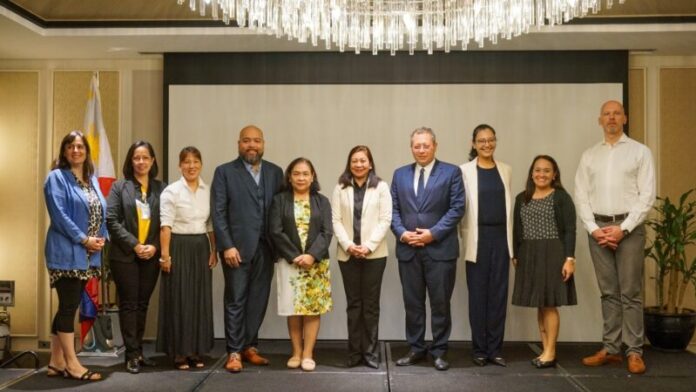
-
The Philippine National Cold Chain Committee (NC3) has recently launched DeliverE 2.0, an online platform that offers a comprehensive database of cold chain warehouse service providers nationwide, providing location-specific data on cold storage capacities and demand-supply gaps
-
DeliverE 2.0 is targeted at helping farmers locate cold storage facilities for their agricultural produce
-
This tool enables businesses to make better-informed decisions and allows for location specific cold chain promotion
The Philippine National Cold Chain Committee (NC3) has recently launched DeliverE 2.0, an online platform that offers a comprehensive database of cold chain warehouse service providers nationwide, providing location-specific data on cold storage capacities and demand-supply gaps.
DeliverE 2.0 is targeted at helping farmers to locate cold storage facilities for their agricultural produce, NC3 co-chair Board of Investments (BOI) said in a statement. It follows the launch in December 2020 of Deliver-E, an end-to-end logistics platform aimed at connecting farmers and micro, small, and medium enterprises with consumers.
READ: Online delivery platform connects farmers, MSMEs to consumers
The NC3 was created pursuant to the Philippine Cold Chain Industry Roadmap, an inclusive, stakeholder-driven, and market-oriented roadmap launched in December 2020 that aims to guide the industry towards the “new better normal” as the country rebuilds its economy. NC3 is co-chaired by BOI and Department of Agriculture with the Cold Chain Association of the Philippines as vice-chair.
DeliverE 2.0 is the brainchild of InsightSCS Corp., a software company specializing in logistics solutions supporting end-to-end supply chain visibility, in collaboration with BOI.
It was initiated through a memorandum of understanding entered into by BOI, Department of Environment and Natural Resources-Environmental Management Bureau, and InsightSCS Corp. in February 2022 to develop a cold chain integrated supply chain solution in the Philippines.
The creation of DeliverE 2.0 received funding from the United Nations Industrial Development Organization’s Global Partnership for Improving the Food Cold Chain in the Philippines Project.
InsightSCS co-founder and chief executive officer Pierre Carlo Curay emphasized the system’s potential to revolutionize the food industry by bridging the gap between producers and cold storage facilities.
BOI governor and NC3 co-chairperson Atty. Marjorie Ramos-Samaniego, in her keynote speech during the launch, hailed the cold chain database project as a prime example of successful collaboration and partnership between the government, private sector, and development partners, resulting in a high-impact project with far-reaching benefit
DeliverE 2.0 offers a comprehensive database of cold chain warehouse service providers nationwide, providing valuable insights into location-specific data on cold storage capacities and demand-supply gaps.
This tool enables businesses to make better-informed decisions and allows for location specific cold chain promotion.
In addition, BOI said the development of DeliverE 2.0 has led to the successful gathering of relevant baseline data on energy consumption and refrigerant use of cold storage service providers. This critical information is key to formulating effective policy recommendations that will enable the Philippine Cold Chain Industry to comply with Republic Act No. 11285, also known as the Energy Efficiency and Conservation Act, creating a more sustainable and efficient cold chain system.




